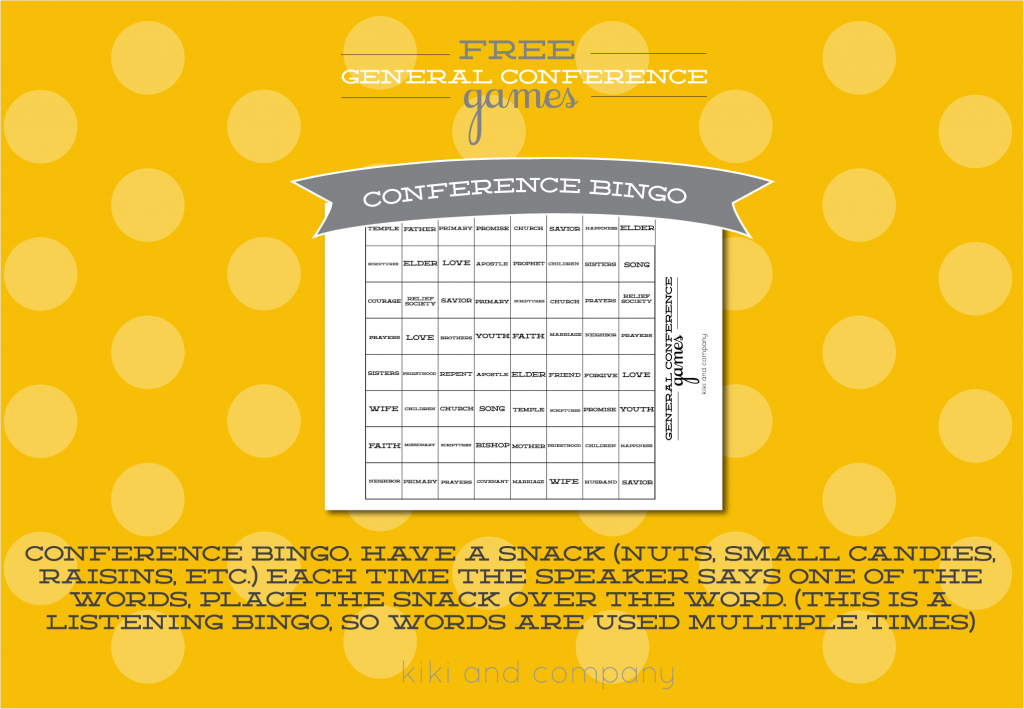
Turns out, listening activities for kids can help lighten the mood and improve your child’s listening. This is because everything is a game to kids. I’m being serious. Through listening activities for kids, you can enter into your child’s world, gain a deeper understanding of who your child is, and build a.
The Importance of ESL Listening Activities for Adults. Speaking and listening are both critical to the success of learning a language. In order for a student to have speaking success, he or she must first listen to the language being spoken. Listening can be a challenge even for experienced ESL students. Scoring high on a grammar quiz may be a piece of cake, but it’s not always easy to make out every word a native speaker says - especially when that speaker is talking at normal speed, without pauses between words. Even so, listening is a crucial component of modern ESL teaching, right up there with grammar, speaking, and writing. Listener has to practice active listening skills – listening attentively to what is being said and what is not quite being said, and demonstrating their listening to the talker by their behaviour. After 3-4 mins the listener has to summarise the three or four main issues or criteria that they have heard the talker express and then make a. Listening is one of the key quotients of effective communication. In this following article, we will concentrate on some of the most effective listening games. Students listen to the clues in the riddle and write (or say) what you are describing. Riddles (grades 3-4) Riddles (grades 5-6) Answering Easy Questions. More Activities, Lesson Plans, and Worksheets Back to School Graphic Organizers Alphabet Worksheets Sight Words Math Worksheets Mazes 50 States Monthly Themes January February March.
Developing active listening skills is a lifelong process. If your listening skills are not where you want them to be, you can develop them further by playing active listening games. If you are a teacher of adult students, you can use games to great effect in your lessons. They can make the listening process much more enjoyable than it otherwise would be.
Drawing Games
Active listening does not occur in isolation from other activities. Instead, it occurs when listeners engage the material they are listening to, with questions, comments and thought. By telling students how to draw a picture without allowing them to ask questions, you can show those students how difficult it can be to listen accurately. In this game, you tell the students to draw, for example, 'a circle intersected by a line on top of a square to the left of a diamond.' When your students show their drawings, they will likely all have different results. This will give the students a sense of how hard it is to listen accurately without asking questions.
Developing active listening skills is a lifelong process. If your listening skills are not where you want them to be, you can develop them further by playing active listening games. If you are a teacher of adult students, you can use games to great effect in your lessons. They can make the listening process much more enjoyable than it otherwise would be.
Story Games
To be a good storyteller, you have to be a good listener, because telling stories requires an ear for what people respond to. One game to improve active listening skills involves having the students tell a story in which each student adds just one word to the story at a time. The first student in the class says just one noun, then each other student adds a word until the entire class has contributed. The teacher writes each word down, then reads the story to the students.
Developing active listening skills is a lifelong process. If your listening skills are not where you want them to be, you can develop them further by playing active listening games. If you are a teacher of adult students, you can use games to great effect in your lessons. They can make the listening process much more enjoyable than it otherwise would be.
Free Activities Nyc
Background Noise

Background noise interferes with your ability to listen actively. If a lot of noise is present in the background, you need to lean in closely to hear, something you can't do if you're near the back of a lecture hall. One listening game involves getting the students to all talk out loud at once while you continue to lecture. At the end of the class, ask the students to repeat a sentence from what you said while they were talking. Chances are they won't be able to.

Developing active listening skills is a lifelong process. If your listening skills are not where you want them to be, you can develop them further by playing active listening games. If you are a teacher of adult students, you can use games to great effect in your lessons. They can make the listening process much more enjoyable than it otherwise would be.
Trivia
Many people enjoy playing trivia games in or outside of the classroom. To use trivia as a listening game, read the class a passage before you start the trivia session. Then ask only questions whose answers could be found in the passage. For example, if the passage is about blue-feathered birds, you could ask a question like 'Why, according to scientists, do blue jays have blue feathers?' Trivia games can take more or less any format. Students can arrange themselves into teams or play individually, and may opt to do a 'most correct answers' or 'first to answer correctly' format.
Free Listening Activities For Children
- Jupiterimages/Photos.com/Getty Images